Jailing rights defenders sends the wrong message

A Dhaka tribunal has sentenced two top officials of rights body Odhikar to two years' imprisonment each in a case under the ICT Act. The case was filed for a "distorted" report and "doctored" images about the May 5-6, 2013 police action on a Hefajat-e-Islam rally in Motijheel, Dhaka. Apparently, the report "tarnished" the image of the country, government, and law enforcement agencies, by claiming that 61 people had died that day – which was much higher than the official count. It can be mentioned that, at the time, there were discrepancies in the number of deaths reported by various organisations, while Hefajat itself alleged the deaths were in the thousands, a claim that was found to be completely false. But no cases were filed against it for this.
While we cannot comment on the merit of the recent verdict, we are concerned about the effects it will have on human rights defenders in general. Soon after the verdict, 48 eminent citizens of the country rightly demanded the immediate release of the two officials, stating that the incident would create obstacles to ensuring human rights and also prevent rights defenders from doing their jobs. Many abroad have also expressed similar concerns.
We cannot but feel a sense of unease at the timing of this verdict, coming as it does in an atmosphere of hostility towards dissenting voices. We have seen in the past the practice of exploiting and politicising the legal system to harass whoever the government of the day deemed an opponent. When governments changed, hundreds of cases filed by the previous administration disappeared because they were seen to be "politically motivated."
Interestingly, in 2013, after their rally in Motijheel – which resulted in arson, vandalism and assault by Hefajat activists – at least 83 cases were filed against Hefajat, later accusing 3,416. Many senior Hefajat leaders went into hiding, fearing arrest. Only five years later, however, the government helped the same group to hold a rally in Dhaka, the mayhem caused during its last rally apparently forgotten. It should also be noted that the Human Rights Watch has pointed out that prosecutorial action on the Odhikar case did not proceed until 2021 – after US sanctions were placed on the Rapid Action Battalion (Rab) for its alleged involvement in enforced disappearances and extrajudicial killings.
In this connection, we must add that the speed with which individuals have been arrested and sent to jail in recent years – first under Section 57 of the ICT Act, and then the Digital Security Act – has created a culture of fear among people critical of government activities. This contributes to the overall uncertainty faced by the more active citizens, including journalists and human rights defenders. This cannot continue indefinitely.
We urge the concerned authorities to review the Odhikar case. The government should focus more on investigating the allegations of human rights violations, rather than clamping down on those trying to report on these incidents. Jailing human rights defenders will not improve our image abroad. It is not in the best interests of our people either.

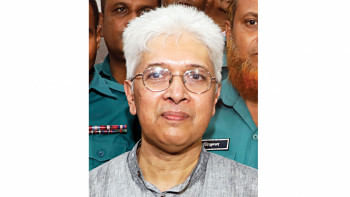
 For all latest news, follow The Daily Star's Google News channel.
For all latest news, follow The Daily Star's Google News channel. 
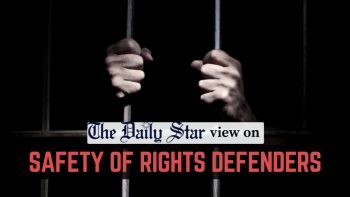


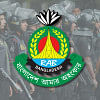

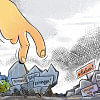
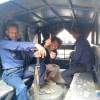



Comments